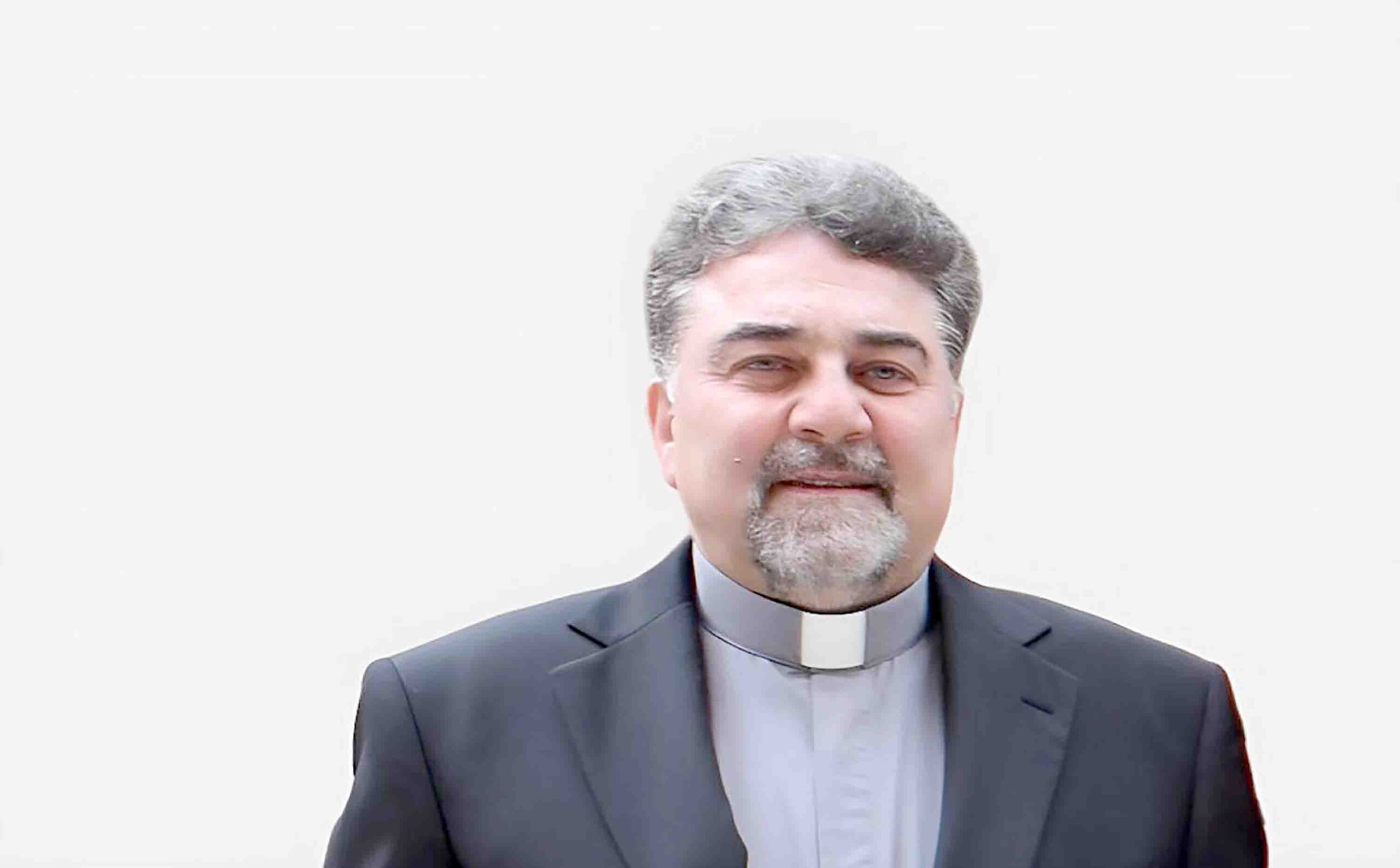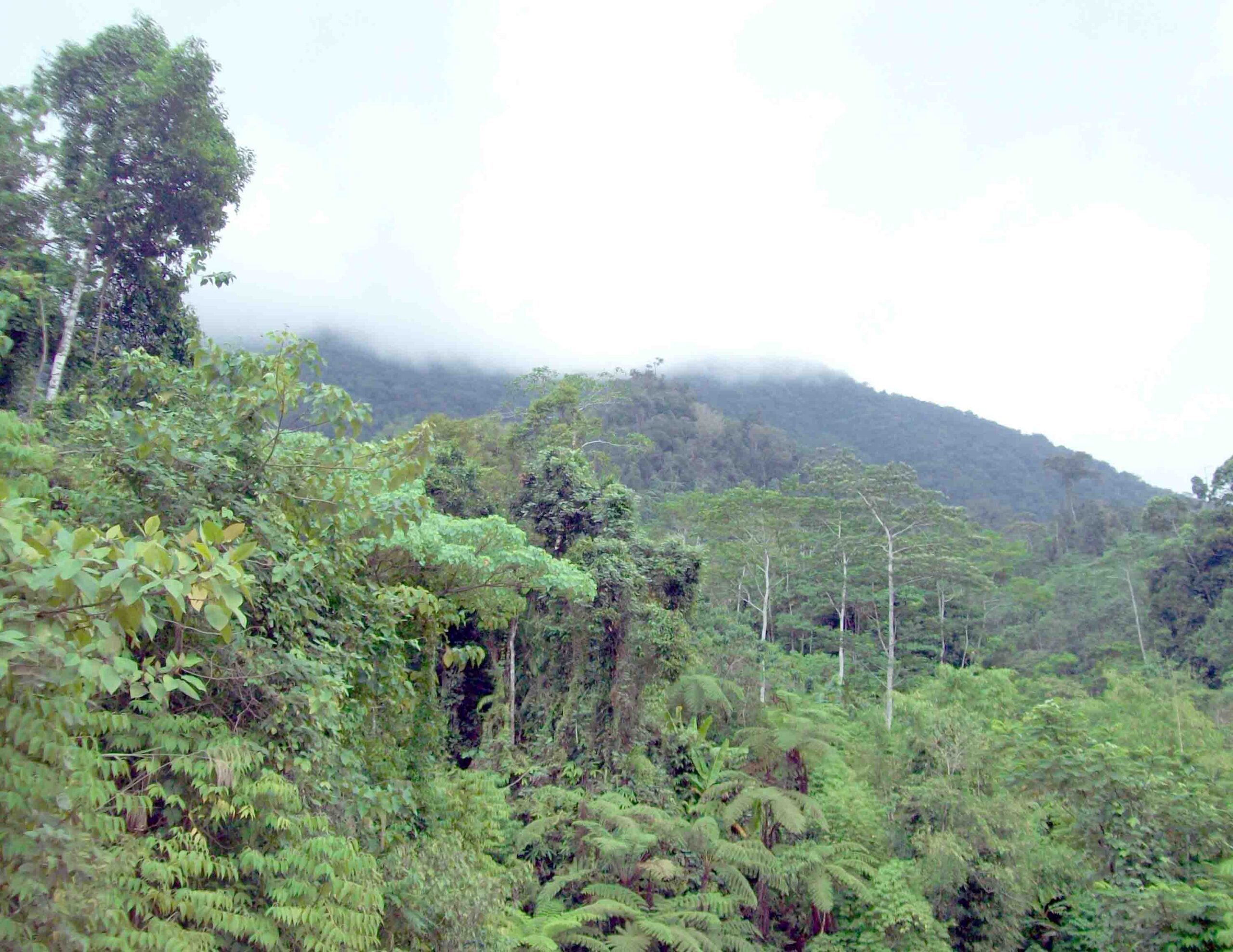The Aquino administration’s decisive crackdown on high-level corruption, which earlier saw the impeachment of top magistrates implicated in the abuse of power, restored some measure of confidence in state institutions and the economy. No longer a regional lacklustre, the Philippines has emerged as one of the few bright spots in Asia, growing by 7.8% in the first quarter of 2013.
Nevertheless, the majority of the population continues to suffer from poverty, with growing income inequality sustaining well-entrenched networks of political patronage that fuel corruption across the country. Many continue to see widespread poverty and inequality as the key underlying factors for systemic corruption. Latest data suggests that the 40 richest families control up to 76% of the economy, the highest rate of “wealth concentration” in Asia. Such staggering levels of income inequality have had a direct impact on the political landscape, where about 178 political dynasties have continuously dominated 73 out of a total of 80 provinces in the Philippines.
Recent months, especially, have raised concerns as to the Aquino administration’s ability to rein the age-old challenge of systemic corruption. Beginning in July, a number of whistleblowers have come forward, shedding light on a 220-million-dollar corruption scandal, dubbed by the media as the “mother of all scams.” According to the ongoing investigations, dozens of legislators have allegedly partnered with bogus non-governmental organizations (NGOs) to build ghost projects – those that only exist on paper – in order to re-channel their discretionary Priority Development Assistance Fund (PDAF) to their own pockets. In principle, the legislators are supposed to use their PDAF for local development projects, but systemic corruption has compromised programs for rural development and empowerment of indigent communities, with some politicians, in the process, amassing staggering amounts of wealth to sustain their elaborate systems of political patronage and ensure a strong hold on power.
Outraged by the breadth and veracity of the corruption charges, reportedly up to 75,000 Filipinos took to the streets of Manila on Aug. 26, National Heroes Day, to demand immediate prosecution of alleged plunderers as well as the elimination of legislator’s discretionary funds, the PDAF. “The dominant emotion is anger and outrage,” said Ito Rapadas, the major figure behind the nationwide anti-corruption rally. Across the Philippines and beyond, concurrent rallies were held in solidarity, reflecting the growing societal anger against the perceived impunity of corrupt officials. It marked the biggest protests under the current Aquino administration. The protesters were largely unified in their conviction that the PDAF has served not only as an avenue for self-enrichment by corrupt officials, but also a means for sustaining a vicious cycle of political patronage, especially during election periods.
Despite Aquino’s historic-high approval ratings, he has understood the significance of recent rallies, and that his popularity does not equate to civic passivity. The government has vowed to prosecute corrupt officials. Aquino has assembled the Inter-Agency Anti-Graft Coordinating Council to gather evidence and file charges against the alleged plunderers, while the Philippine Senate is overseeing a Blue Ribbon Commission to gather testimony from officials and whistleblowers in aid of prosecution.
In the absence of secure and well-paying jobs for the majority of the people, many are forced to sell their votes during elections or beg for patronage from elected officials. This has created a culture of dependency, which has encouraged many officials to amass ill-gotten wealth to secure votes and political support among the poor, who constitute the majority of the voters. While the recent revelations have provided a wealth of evidence and testimonies to warrant a high-profile crackdown on powerful officials, including three potential presidential candidates in the 2016 elections, many continue to see widespread poverty and inequality as the key underlying factors for systemic corruption.










